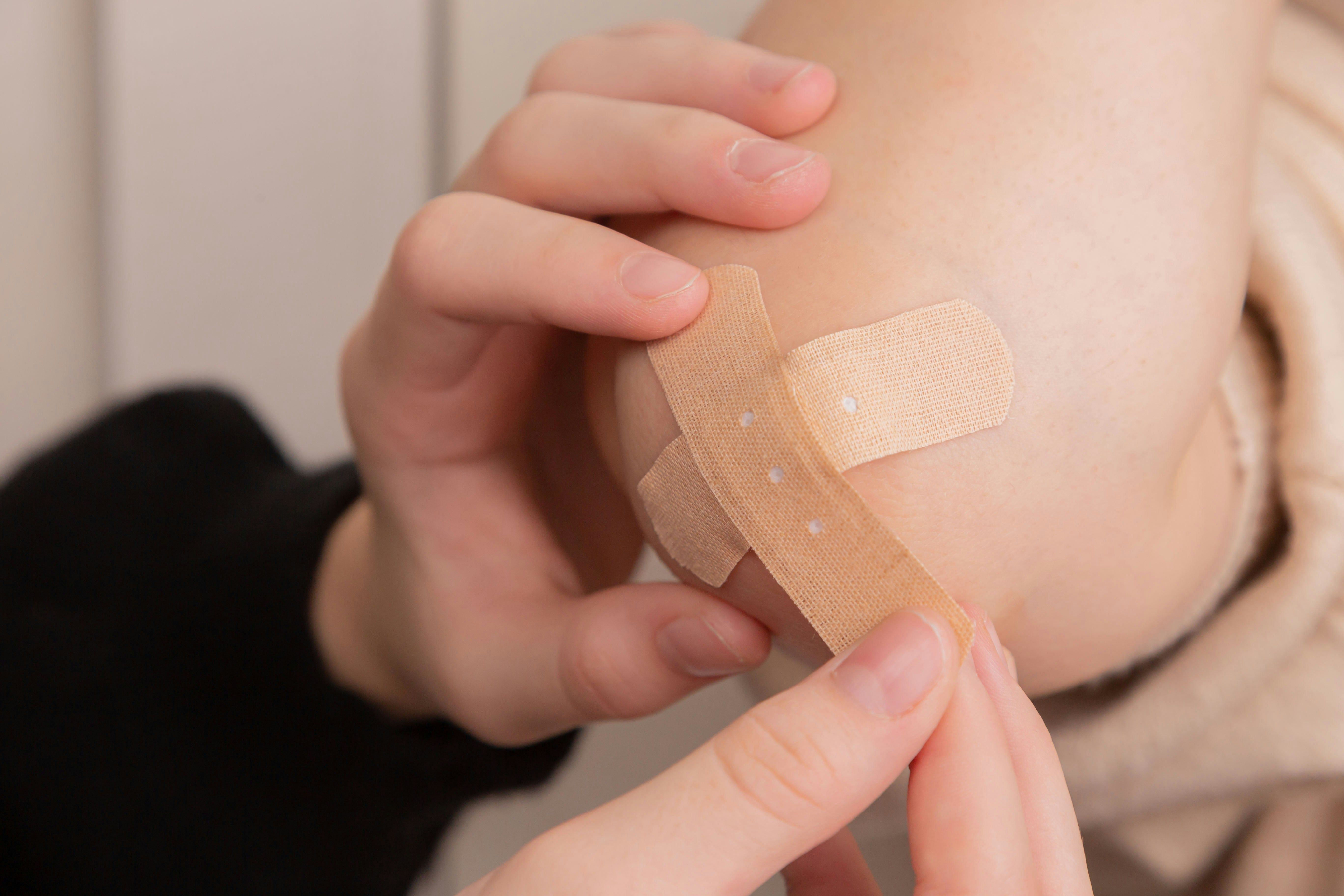What you need to know about streptococcal toxic shock syndrome
By Sonny Daanoy
A highly fatal bacterial infection known as streptococcal toxic shock syndrome (STSS), sometimes referred to as a "flesh-eating bacteria," is reportedly on the rise in Japan.

According to the Centers for Disease Control and Prevention (CDC), STSS is a “rare but serious bacterial infection” that can rapidly become a life-threatening emergency.
This infection can cause organs to shut down and the body to go into shock.
Out of 10 people with STSS, up to three may die from the infection, resulting in a 30 percent fatality rate.
"Complications can include needing surgery to remove infected tissue or limbs to control the infection," it said.
In an interview with DZBB, infectious disease expert Rontgene Solante explained that the microbe causing STSS, Group A Streptococcus pyogenes, is not rare but a common organism frequently responsible for "pharyngitis," an inflammation of the throat.
“We have that experience here in the Philippines because it's quite common,” Solante said.
"Now, there is this rare complication caused by a microbe that, when it enters the bloodstream, can become severe. This is called streptococcal toxic shock syndrome, which is an infection that starts in the skin, usually from wounds, allowing the microbe to enter," he said in a mix of English and Filipino.
"Once it gets into the bloodstream, it becomes systemic, affecting your whole body," he added.
Symptoms
According to the CDC, the first symptoms of STSS often include fever and chills, muscle aches, nausea, and vomiting.
Within 24 to 48 hours, low blood pressure typically develops.
Once this occurs, STSS quickly becomes more severe, leading to hypotension (low blood pressure), organ failure, tachycardia (faster than normal heart rate), and tachypnea (rapid breathing).
CDC noted that "If you have symptoms of STSS, seek medical attention immediately."
What to do
Solante emphasized that if an individual has a wound and begins to feel feverish, "it means that the wound is not just an ordinary wound.”
"This indicates that the bacteria have already entered your bloodstream," he said.
"Next, observe the wound. If it starts to grow rapidly and swell quickly within a day, you should see a doctor immediately. Don't wait any longer," he added.
He explained that if the area around a wound on a patient's foot starts to turn black, amputation may be necessary to prevent the infection from spreading to the rest of the body.
Solante said that a probable reason for fatalities in Japan is late consultation.
He added that the medications for this infection are "penicillin" and "clindamycin" antibiotics.
Not a public health concern
Meanwhile, DOH spokesperson Assistant Secretary Albert Domingo allayed public fears, saying that the country's health department does not currently view STSS as a public health concern.
"We invite more attention to risk communication efforts against the WILD diseases (Water-borne illnesses, Influenza-like illnesses, Leptospirosis, and Dengue)," Domingo said.
"By burden of disease and by effect on quality of life, they are more worthy of public attention," he added.